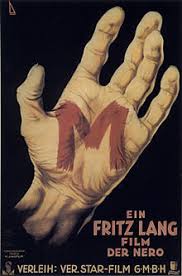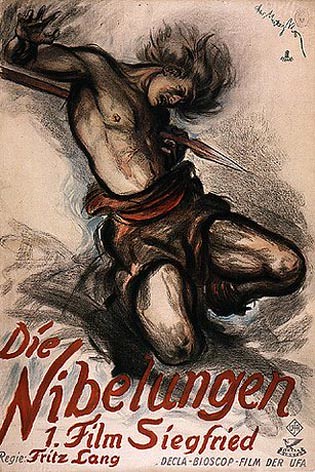Works that Lang directed have helped clarify the Film Noir genre, through the common themes of psychological conflict, paranoia, and alienation. While in Germany, Lang produced some of his better known films, such as M (1931), Metropolis (1927), and Die Nibelungen (1924). 


In the late 1950's Lang returned to Germany to continue directing there. In Germany, he remade The Indian Tomb, and directed The Thousand Eyes of Dr. Mabuse, the final Dr. Mabuse film.
In 1976 Fritz Lang died, a very prolific and innovative director. During his life, Lang was supposedly difficult to work with. During the final scene of M, Lang pushed Peter Lorre down a set of stairs to make Lorre look more battered.

Lang's Hollywood career is more significant than you might think! "Fury" (1936) is a pretty important film that had an Oscar nomination for best writing and was inducted into the National Film Registry of the Library of Congress in 1995. "The Big Heat" (1953) is considered one of the greatest films noirs and has also been preserved in the National Film Registry.
ReplyDeleteKind of silly comment, but the robot on the Metropolis poster reminds me of C3PO. Possible inspiration for him?
ReplyDeleteThis comment has been removed by the author.
ReplyDeleteOh for sure, Stefanie, Stars Wars has lots of allusions to this early German film history, I believe!
ReplyDeleteAnd, are we *loving* Fritz Lang's monocle?